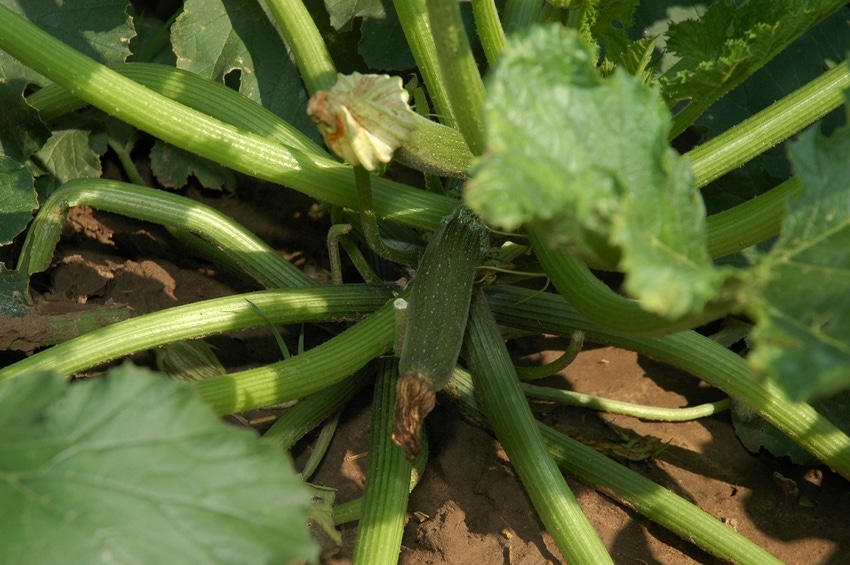
While Texas Department of State Health Services (DSHS) officials do not suspect a new outbreak of Cyclospora to be the result of bioterrorism, they are concerned about food security as the single-cell parasite most often carried and distributed in food products has sickened a significant number of Texans for a third year in a row.
A DSHS advisory this week noted that the number of cases of Cyclospora in Texas has reached 70 this year, but most alarming is that 54 of those cases were reported last week (June 14-20) in Travis County.
Cyclosporiasis is an intestinal illness caused by consuming food or water contaminated with the Cyclospora parasite. The major symptom is watery diarrhea lasting a few days to a few months. Additional symptoms may include loss of appetite, fatigue, weight loss, abdominal cramps, bloating, increased gas, nausea, vomiting and a low fever. People who think they may have a Cyclospora infection are advised to contact their health care provider.
While human illness caused by Cyclospora does not pose the same risk as more serious types of foodborne illness caused by Listeria and Salmonella bacteria, a number of health and government officials warn that food security is a growing issue.
Some security analysts have expressed concern in recent years that as more and more of the nation's food is being outsourced to other countries, the risk runs higher for food safety issues. In fact, last year's Cyclospora outbreak in Texas (2014) sickened 126 people in the state and was traced back to fresh cilantro grown in Mexico. In 2013, 469 people became ill from the parasite across 16 states with Texas reporting the highest number, nearly 200 cases.
More than imports
Health officials say that outbreak was at least partially traced back to produce grown by Taylor Farms in Mexico, a company that sold wholesale produce to a restaurant chain operated by Darden Restaurants, including Red Lobster and Olive Garden outlets.
While food security is a viable concern in the United States, not everyone agrees that food imports pose a higher risk than food products grown domestically. According to the Center for Disease Control and Prevention (CDC), foodborne illness adversely affects an estimated 48 million people each year, about one out of every six people, resulting in nearly 129,000 hospitalizations and 3,000 deaths.
Foodborne botulism generally comes from eating contaminated foods, many prepared in home kitchens, specifically, home-canned foods whose preparers have failed to follow proper canning methods and safety procedures.
One of the most widespread botulism outbreaks in U.S. history started in New Mexico in 1978 when members and guests at a country club reported symptoms, later traced to canned three-bean salad. Of the 34 who became ill, two deaths resulted. Lawsuits were eventually filed by victims against Joan of Arc Company, the Delaware food manufacturer that made the three-bean salad, and against the food distributor, Johnson Food Company.
In 1985, a major food poisoning event took place in the upper Midwest when cartons of 2 percent milk originating from the U.S. were tainted with Salmonella, resulting in two deaths and widespread illness in Illinois, Indiana, Iowa, Michigan and Wisconsin.
A few years later, the Jack in the Box fast food chain nearly crumpled in 1993 after four children died and hundreds of others fell ill in California, Idaho, Texas, Nevada and Washington State after consuming meat tainted with E. coli.
Andy Anderson, executive director of Western United States Agricultural Trade Association in Washington, says the U.S. exports most of what it grows, including huge amounts of wheat and soybeans, and says the U.S. is a long way from being food insecure. Ramping up government regulations in recent years provides a level of security uncommon in most other countries and he argues USDA inspectors do "an outstanding job" at international ports of entry for imported food products.
Regardless, public health officials say foodborne illness is a serious issue that requires constant monitoring and management. Officials at the Texas State Department of Health Services are investigating the cause of the current outbreak in hopes of isolating the cause and origin.
Meanwhile, DSHS recommends thoroughly washing fresh produce but warns that may not entirely eliminate the risk because Cyclospora can be difficult to eliminate by washing alone. Cooking properly, however, will kill the parasite.
About the Author(s)
You May Also Like




